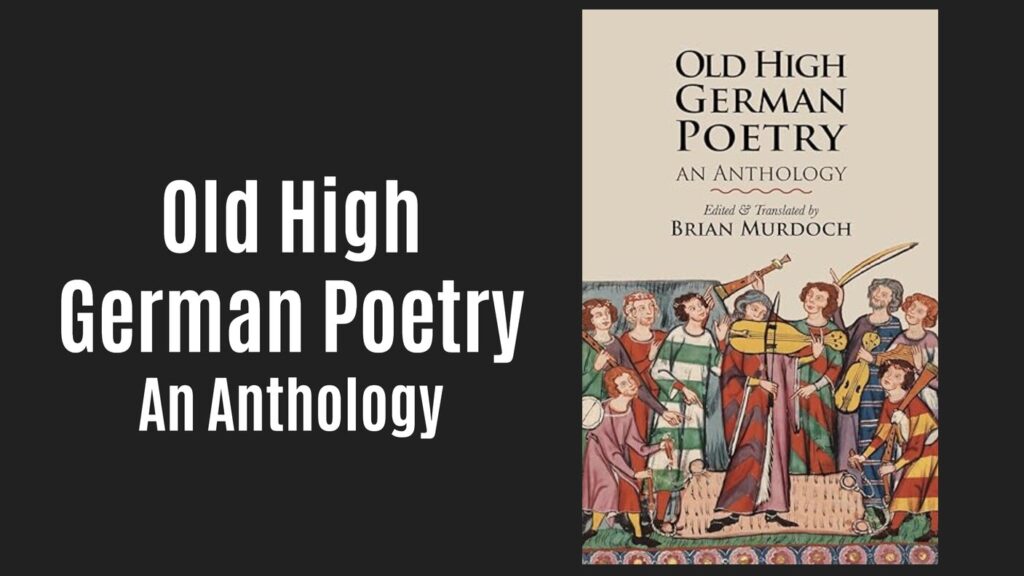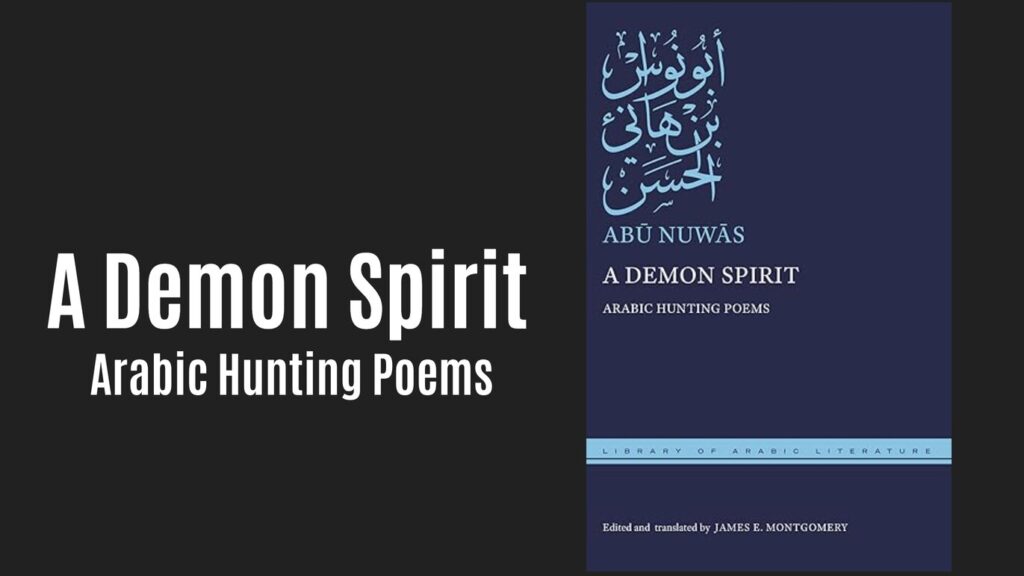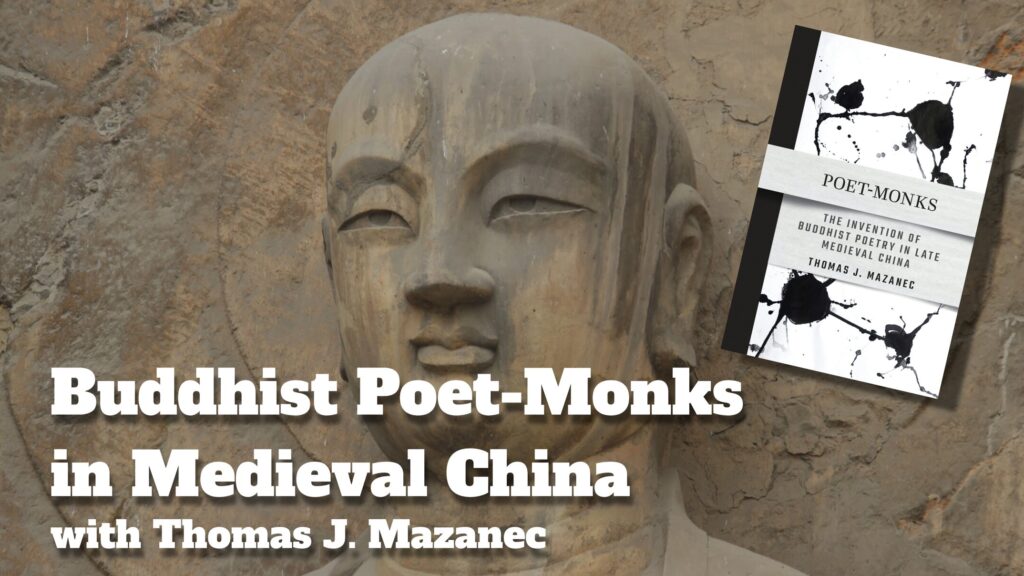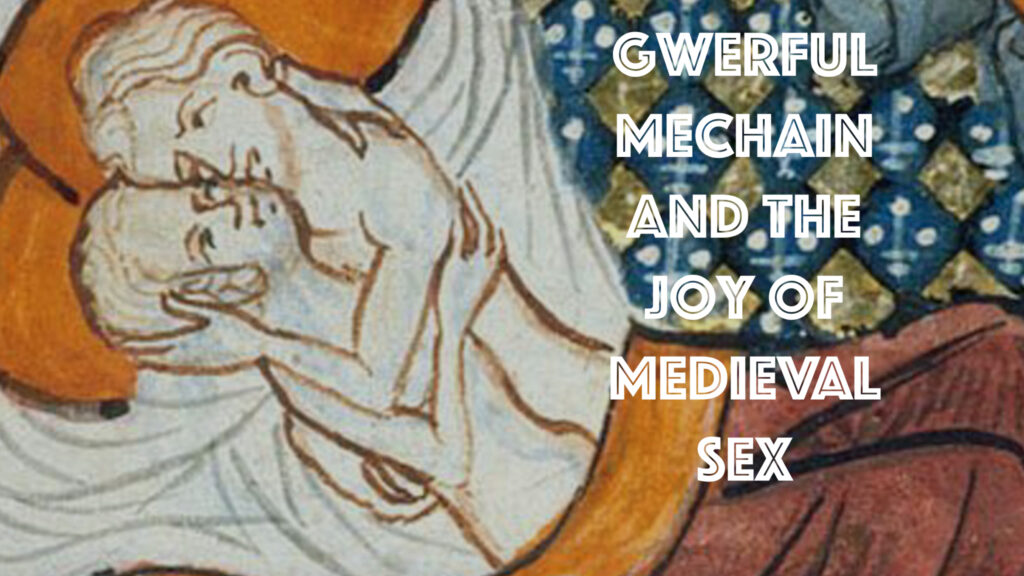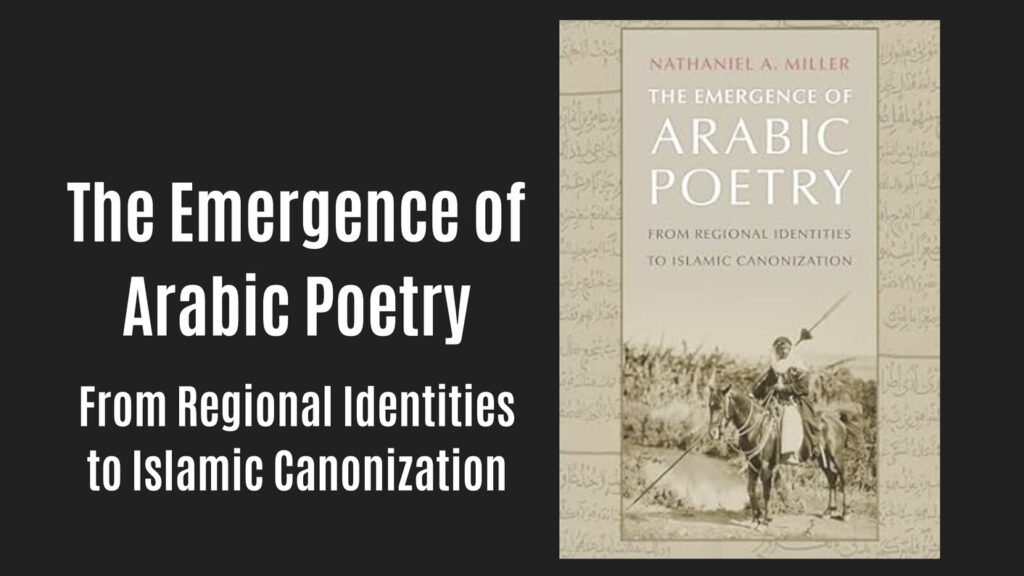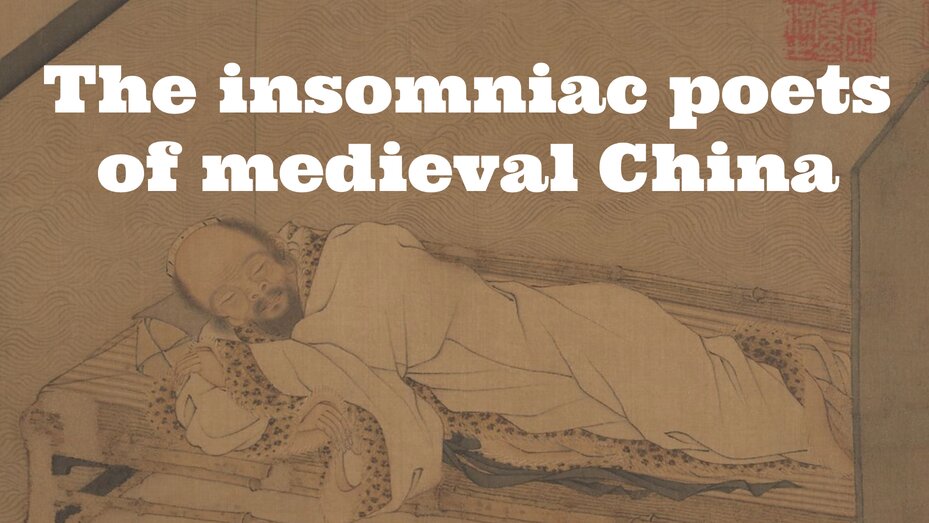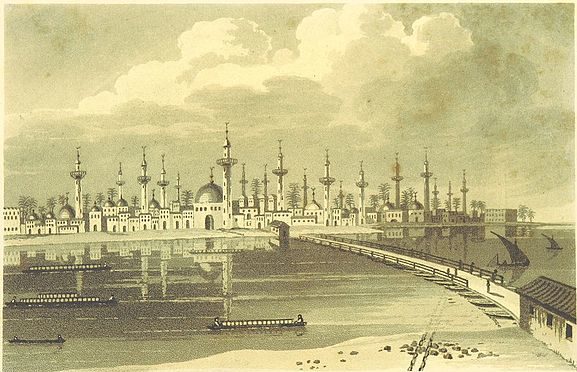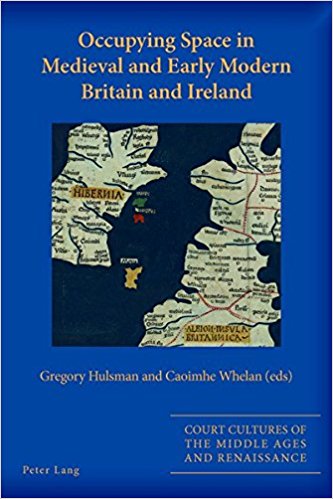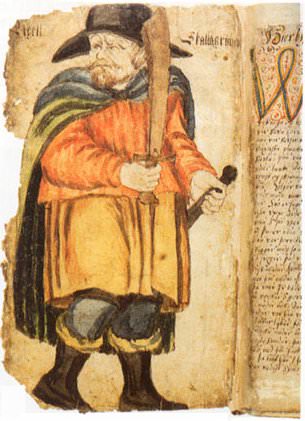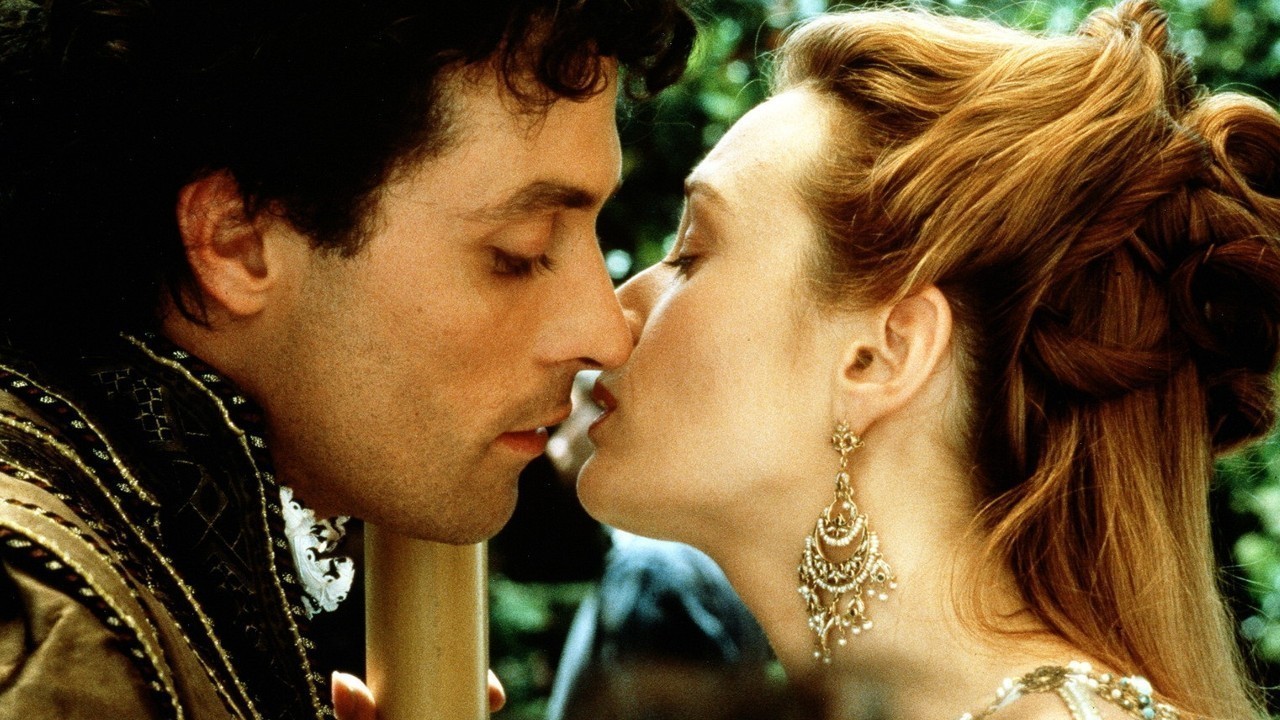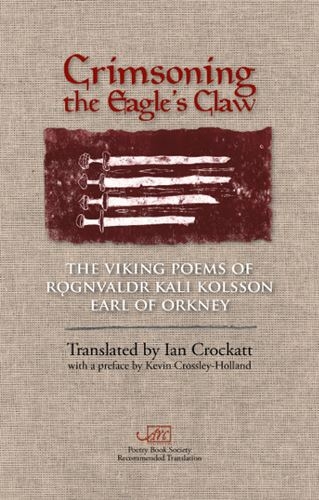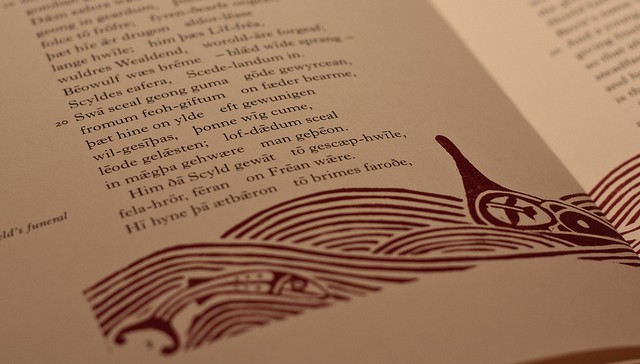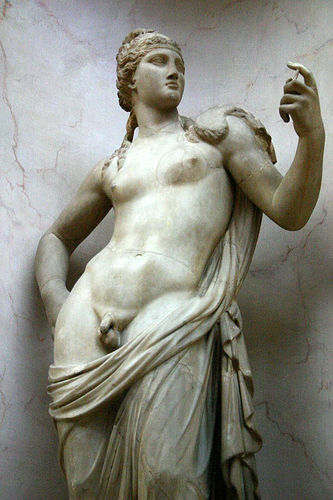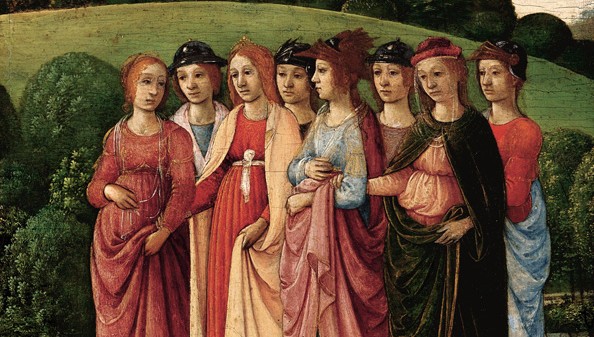New Medieval Books: Old High German Poetry
Old High German was spoken between the eighth and eleventh centuries, and a small but significant body of its literature has survived. This anthology brings together editions and translations of about a dozen poetic works, spanning subjects from religious devotion to historical narrative.
New Medieval Books: A Demon Spirit
Abū Nuwās is widely regarded as one of the great poets of the Middle Ages. This book brings together more than a hundred poems attributed to him—each with an English translation—focused on hunting.
New Medieval Books: Hiding in Caverns Formed from Old Roots
Yu Xuanji is celebrated as the greatest female poet of the Tang Dynasty. This book presents the original Chinese texts alongside English translations of her surviving poems, as well as selected writings that illuminate her extraordinary life.
Buddhist Poet-Monks in Medieval China with Thomas J. Mazanec
This week on The Medieval Podcast, Danièle speaks with Thomas J. Mazanec about the Buddhist poet-monks of medieval China, why they chose to write poetry, and why their art was so controversial.
Gwerful Mechain and the Joy of (Medieval) Sex
For medieval Europeans, talking openly about sex in what we might think of now as explicit detail was a very normal part of life.
Christmas in Medieval Poetry: Subtle Allusions and Festive Celebrations
As the holiday season approaches, let us delve into the world of medieval poets to explore how Christmas made its way into their works.
New Medieval Books: The Emergence of Arabic Poetry
Offering a fresh look at the origins and development of Arabic poetry, this book argues that pre-Islamic poetry reflected regional identities and that later Islamic scholars favoured a specific style to define a unified Arab culture.
Book Review: Sweet Hunter: The Complete Poems of St. Teresa of Ávila
The engaging freshness of the translations collapses much of the distance between this fervent mystic of Ávila and the contemporary reader, making Sweet Hunter a fascinating and moving volume.
Chariot Race described in medieval poem
While chariot races are usually associated with Ancient Rome, they were still taking place long into the Middle Ages. A poem from the twelfth century gives us an exciting look at this sport.
The insomniac poets of medieval China
What to do on those nights where no matter how hard you try, you just can’t fall asleep? For the literati of pre-modern China there was at least one possible answer: write a poem about it.
The Monk Who Knew the Ways of Love
It has been suggested that the art of the troubadour is original primarily in its exercise of choice within a relatively strictly limited field and that, if art results from the tension between freedom and restraint, then the two poles of this dialectic are the exercise of choice of expression and the limitation of the field in terms of subject-matter and linguistic register.
Anti-Clericalism in Medieval Persian Poetry
The dominant attitude of the anti-clerical rhetoric in Persian poetry is permeated by criticism of judges, lawyers, aesthetics, spiritual advisors, and authority figures of that nature. This is one of the reasons that makes this poetry still relevant.
The English Lyric, Medieval to Early Modern
This talk explores the relationship among the medieval and early modern traditions of the lyric in English to argue for the latter’s creative readings of the former.
Poetic Wisdom from the Ninth-Century
Across the medieval world we can find various writings aimed at giving advice and wisdom. Here is some poetic wisdom from the ninth-century Middle East.
Book Review: Occupying Space in Medieval and Early Modern Britain and Ireland
Our review of ‘Occupying Space in Medieval and Early Modern Britain and Ireland’
Kings, Wars, and Duck Eggs: Interpretations of Poetry in Egil’s Saga
Although Egil’s Saga is memorable enough for its bloodshed, feuds, and comically disgusting mead-hall scenes, the one characteristic which most distinctly sets it apart from the other Icelandic sagas is its extensive use of poetry.
The Poetry of Trauma: On the Crécy Dead
By Danièle Cybulskie Time and again, I’ve heard medieval knights referred to as “killing machines”, bred for a lifetime of battle and destruction.…
Cultural Exchange in the Languages and Literatures of Medieval Spain
Professor David Wacks’s fascinating discussion of the Iberian Peninsula and it’s incredible linguistic heritage.
Movie Review: Dangerous Beauty
Late 16th century Venice, where a woman can be a nun, a wife or a courtesan. For Veronica Franco, the free spirited girl scorned by because of her lack of wealth, the choice is an obvious one…
Poems by a Viking
What was a poem by a Viking like? In his new book, Crimsoning the Eagle’s Claw, Ian Crockatt has translated dozens of poems of one of the most famous poets from the Norse world.
Roses are Red, Violets are Beowulf
Let’s take five minutes to look at medieval alliterative poetry, using some of the most famous poems of the period.
The Anglo-Saxon War-Culture and The Lord of the Rings: Legacy and Reappraisal
The literature of war in English claims its origin from the Homeric epics, and the medieval accounts of chivalry and the crusades.
Intersex in the Middle Ages
A brief look at how the medieval world viewed the Intersex individual.
The Morality of Misogyny: The Case of Rustico Filippi, Vituperator of Women
At the outset of his influential study on Rabelais, Mikhail Bakhtin makes an interesting observation. The scholar dedicates several pages to detail how the French author’s critical reception changed over time. Bakhtin illustrates how the attempt to comprehend an author can frequently be stymied by the cultural changes that occur across the centuries.
‘Falseness Reigns in Every Flock’: Literacy and Eschatological Discourse in the Peasants’ Revolt of 1381
The literature of the Peasants’ Revolt of 1381, a miscellany of fourteenth-century poetry and prose penned before, during, and after the insurrection, often stresses the importance of literacy to the nonaristocratic population of England.
